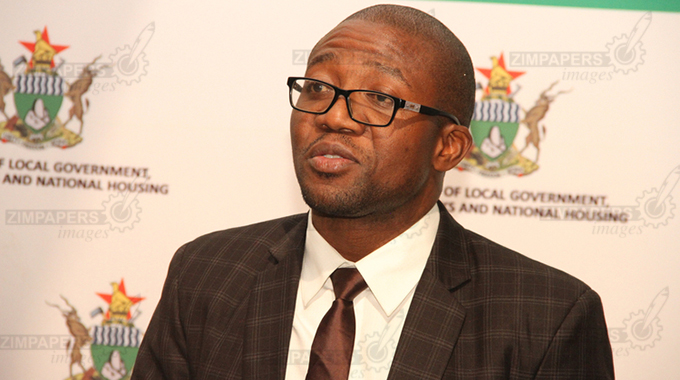Incentives to boost tourism

Panashe Chikonyora
Incentives that Finance and Economic Development Minister Mthuli Ncube extended to tourism industry through the 2020 National Budget, will give impetus to recapitalisation efforts and enhance quality of service and product offering, the regulator and captains of industry have said.
Tourism is one of the fastest growing industries in the world. Its rapid expansion has been considered as an interesting possibility for sustainable development including poverty reduction in many countries.
The sector’s strategic importance stems from the fact that the tourism sector has some form of resilience to challenges that may affect other economic sectors.
Zimbabwe’s tourism earnings reached US$1 billion last year amid expectations that the country will achieve its goal of generating at least US$7 billion annually by 2030.
Tourism Business Council of Zimbabwe president Winnie Muchanyuka, said recently that the tourism sector has potential to contribute 50 percent of Gross Domestic Product (GDP) in the long-term if given adequate support.
As such, the tourism industry commended the Government initiatives to drive it towards its full potential and for it to compete with other tourist destinations. This will increase the sectors contribution to growth of the economy.
Efforts to boost the performance of the tourism industry come at a critical moment, following a year of austerity and natural disasters expected to cause negative growth this year, characterised by high inflation.
Zimbabwe Tourism Authority (ZTA) said the incentives would give the country’s tourism industry a boost to gain significant momentum.
ZTA chief executive Givemore Chidzidzi commented: “The extension of the tourism rebate regulation applies to the import of capital goods for tourism projects and is a significant incentive for those involved in tourism to take the opportunity to upgrade and refurbish their products, properties and associated projects.
“The scraping of duty on importation of safari and car hire vehicles will boost productivity of the industry. Quality of equipment will give the clients value for money, impeccable service and this in turn will improve industry standards,” he added.
The initiatives have received positive comments from different players in the tourism sector who have welcomed the measures and applauded Government’s efforts to grow the sector.
Said Impala Car Rental general manager Viola Chirata: “We as a member of Zimbabwe Vehicle Rental Association (ZIVRA), as well as a player in the tourism industry, we say this is something we have been lobbying the Government for a while . . . owing to the shortages of foreign currency in the country.
“Our business is heavily reliant on importation of vehicles and this requires foreign currency. Exclusion of duty will be of significant help on not just cash flows, but ultimately profitability, as well as the effective price to the customer.”
Government’s incentives towards the tourism industry include extension of rebate of duty on capital equipment imported by hotel and lodge operators for three years.
Further, duty was suspended on motor vehicles used by safari operators for game views and drives for a period of two years while Treasury suspended duty on imports by car hire companies for one year. The duty measures are set to come into force with effect from January 1, 2020.
Meanwhile, Government recently adopted the Youdao, a new quick language translation application (App) in line with the current travel and tourism industry trends and increase competitiveness of Zimbabwe’s tourism sector.
Environment, Climate Change, Tourism and Hospitality Ministry deputy director Douglas Mavhembu, commended the move saiying it was essential.
This comes when Zimbabwe is participating at the 2019 China International Travel Market in Kunming, where the Zimbabwean delegation is interfacing with the Chinese, generally a non-English speaking nation.
“Youdao is an amazing and cost effective application which has made it easy for us to communicate with the Chinese market. Without which communication would have been futile and our being here would not have yielded as much results,” he said.
“We anticipate an increase in patronage by the Chinese market after this show. It is, therefore, critical that in our preparations to host, our tourism industry needs must seriously consider adopting communication applications,” he added.










Comments